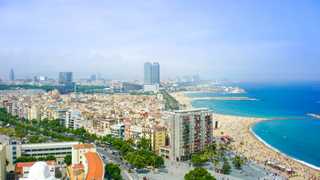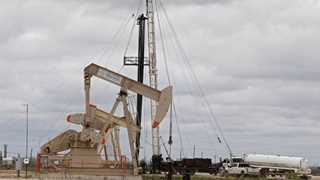Japan's seasonally adjusted Consumer Confidence Index was 35.2 in January, the country's Cabinet Office said in a report published on Wednesday. The figure came in below last month's 36.2 and missed expectations.
The income growth indicator was 0.3 lower coming in at 39.9, while the overall livelihood index lost 1.9 points to come in at 32.2, and the employment index decreased 0.2 points month on month to 41. Meanwhile, the willingness to buy durable goods stood at 27.5, decreasing by 1.9 points from the month before.
The percentage of respondents who expect prices to increase over the next year was 93.3%, down by 0.4 percentage points from the previous month, while none of those surveyed see them unchanged and 2.2% expect prices to fall.




